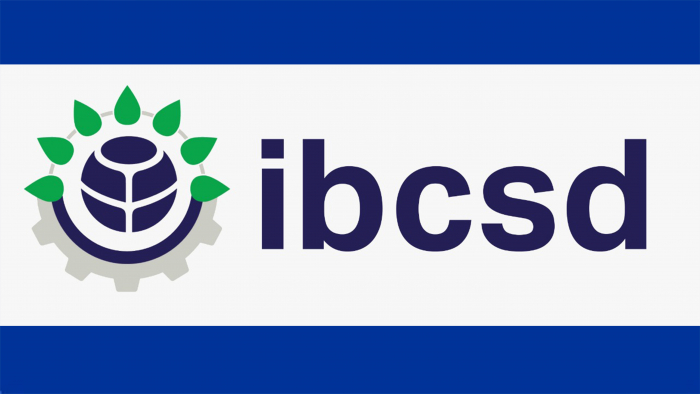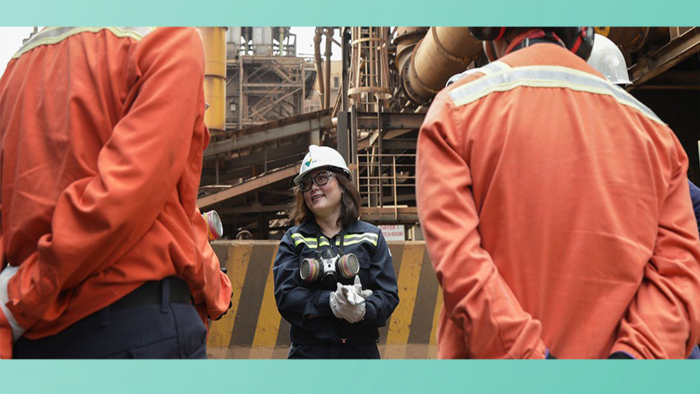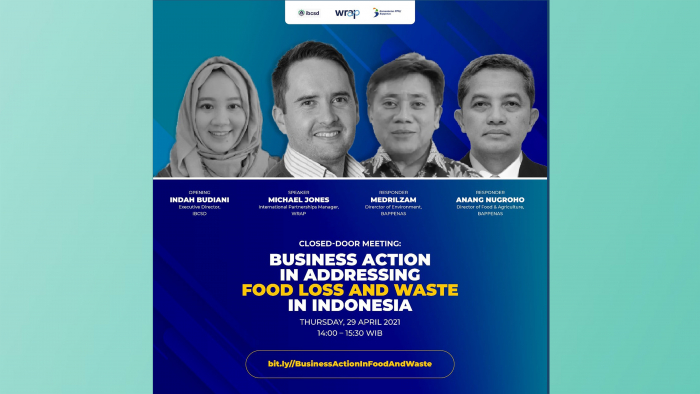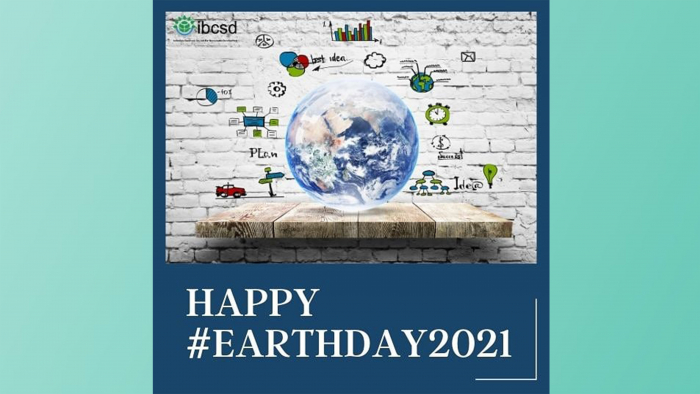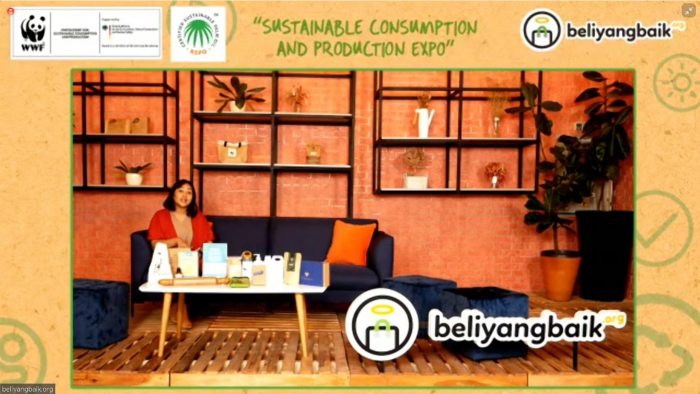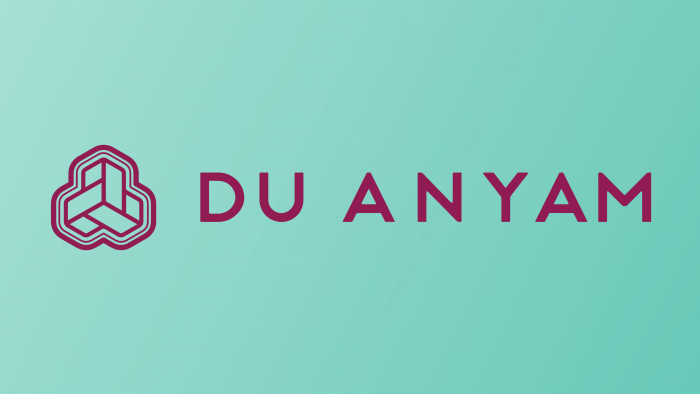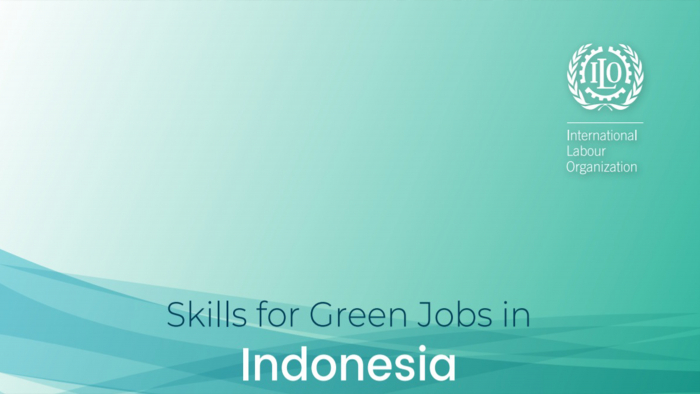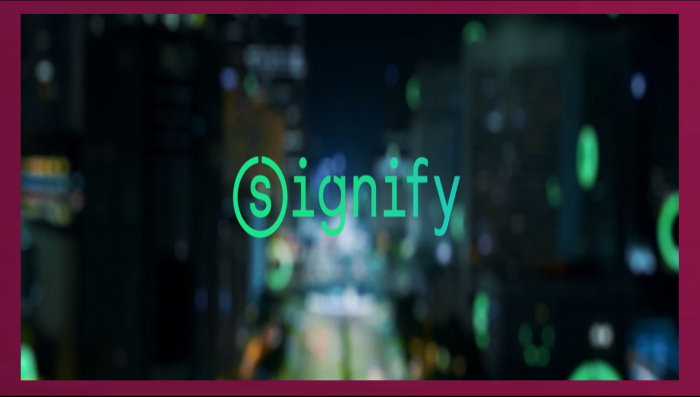
Project Officer, Indonesia
Candidates should have a passion for the environment and feel comfortable communicating with senior stakeholders including investors, insurers, banks and integrated financial institutions to help meet the project targets.
The project officer will work remotely from Indonesia with colleagues in Hong Kong and in the UK. It is expected that some local travel will be needed in future as pandemic conditions ease. Candidates should have an excellent level of spoken English and a good level of English literacy, as well as native/near native Bahasa Indonesian. It is an advantage to have experience working in the financial sector, an environmental NGO or consultancy.
About CDP
CDP is an international non-profit that drives companies and governments to reduce their greenhouse gas emissions, safeguard water resources and protect forests. Voted number one climate research provider by investors and working with institutional investors with assets of US$96 trillion, we leverage investor and buyer power to motivate companies to disclose and manage their environmental impacts.
About CDP’s forests program
CDP’s forests program works to remove commodity driven deforestation from corporate value chains to effectively contribute to a below 1.5?C, water secure world; and to decouple deforestation from forest risk commodity production. CDP’s work on forests was launched in 2014 and now boasts the backing of 594 financial institutions with over $96 trillion in assets. The program provides critical forests
Board of Trustees: Katherine Garrett-Cox, Jane Ambachtsheer, Jeremy Burke, Stephen T Chow, Michael Hugman, Rachel Kyte, Christine Loh,
Amy Metcalfe, Ramakrishnan Mukundan, Annise Parker, David Wolfson
CDP Worldwide Registered Charity no. 1122330. Company Registration no. 05013650.
related data from the world’s largest corporations that buy, sell or trade key forests risk commodities (cattle products, palm oil, soy products and timber). The data is used to inform the global marketplace on investment risk and commercial opportunity, and to catalyze action, supporting companies in their efforts to remove deforestation from their supply chains. Please visit www.cdp.net or follow us @CDP to find out more.
Key responsibilities
- Support the investor account manager to build and maintain relationships with key financial institutions in Indonesia to disclose through CDP’s Financial Services questionnaire.
- Provide support to the investor account manager and Indonesian financial institutions to promote increased transparency on lending and new policies that support forest friendly financing through investment and ownership activities.
- Support capacity building and training with Indonesian financial institutions to identify forest risk in investment and lending portfolios.
- Input into development of training, communications and marketing materials to be disseminated amongst financial sector stakeholders.
- Lead on translation of materials and reports to Bahasa Indonesian, including working with local translators where required.
- Support monitoring project outputs and outcomes for Southeast Asia engagement in the project Monitoring, Evaluation and Learning framework.
- Support investor engagement in Southeast Asia to support a transition to more sustainable production and consumption.
- Other tasks as required by the business.
Required skills and experience
- Bachelor’s / Master’s degree or 1-2 years’ relevant working experience in capital or financial markets.
- Excellent English and Bahasa Indonesian skills (verbal and written).
- Knowledge or experience of economics, the Indonesian financial services sector, commodity markets or forestry sectors.
- An understanding of capital markets and the investment management industry with an interest in sustainable investment.
- Ability and confidence to build, manage and develop relationships with senior connections at financial institutions in Indonesia, with support from the wider team.
- Strong communication skills and ability to clearly deliver key messages to both internal and external audiences including investors.
Board of Trustees: Alan Brown, Jane Ambachtsheer, Jeremy Burke, Stephen T Chow, Katherine Garrett-Cox, Rachel Kyte, Christine Loh, Justin Johnson, Ramakrishnan Mukundan, Annise Parker, Jeremy Smith, Takejiro Sueyoshi, Martin Wise CDP Worldwide Registered Charity no. 1122330. Company Registration no. 05013650.
- Team player with a flexible but diligent working style. The ability to work effectively in a small team and remotely with colleagues in CDP’s global offices.
- High level of IT competency including MS Excel, Word, PowerPoint.
- A desire to take ownership and responsibility for work.
- Ability to work under pressure and deliver work to a high standard.
Desirable characteristics and skills
- A passion for integrating environmental issues into the mainstream business process.
- Willingness and ability to travel.
Salary and benefits
IDR 90,000,000 – IDR 129,000,000 per annum, 0.4 FTE / 2 days per week.
Salary is dependent on experience. CDP provides an annual discretionary bonus, 24 days holidays+ public holidays, the opportunity to work flexibly and many others.
This role is offered as an initial 12-month contract, with the possibility of extension.
Before you apply
We’ll only use the information you provide to process your application. For more details on how we use your information, see our applicants privacy notice. By emailing us your CV and covering letter, you are permitting CDP to use the information you have provided for recruitment purposes.
To apply please email your CV and a covering letter setting out how you meet the required skills and experience or key responsibilities, which should be no more than two pages, to [email protected] with ‘Project Officer, Indonesia in the subject. The deadline is Sunday 5 September 2021.
